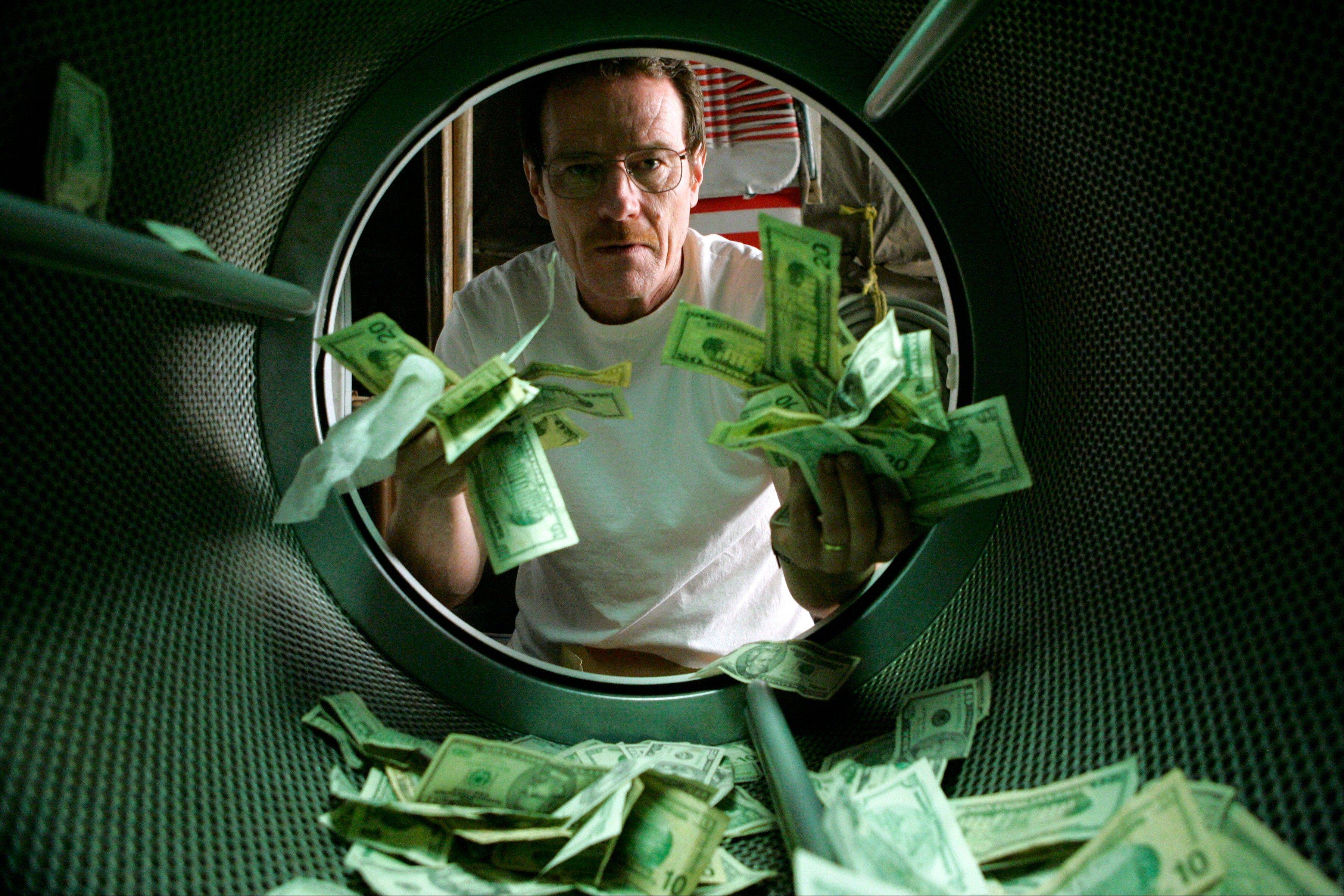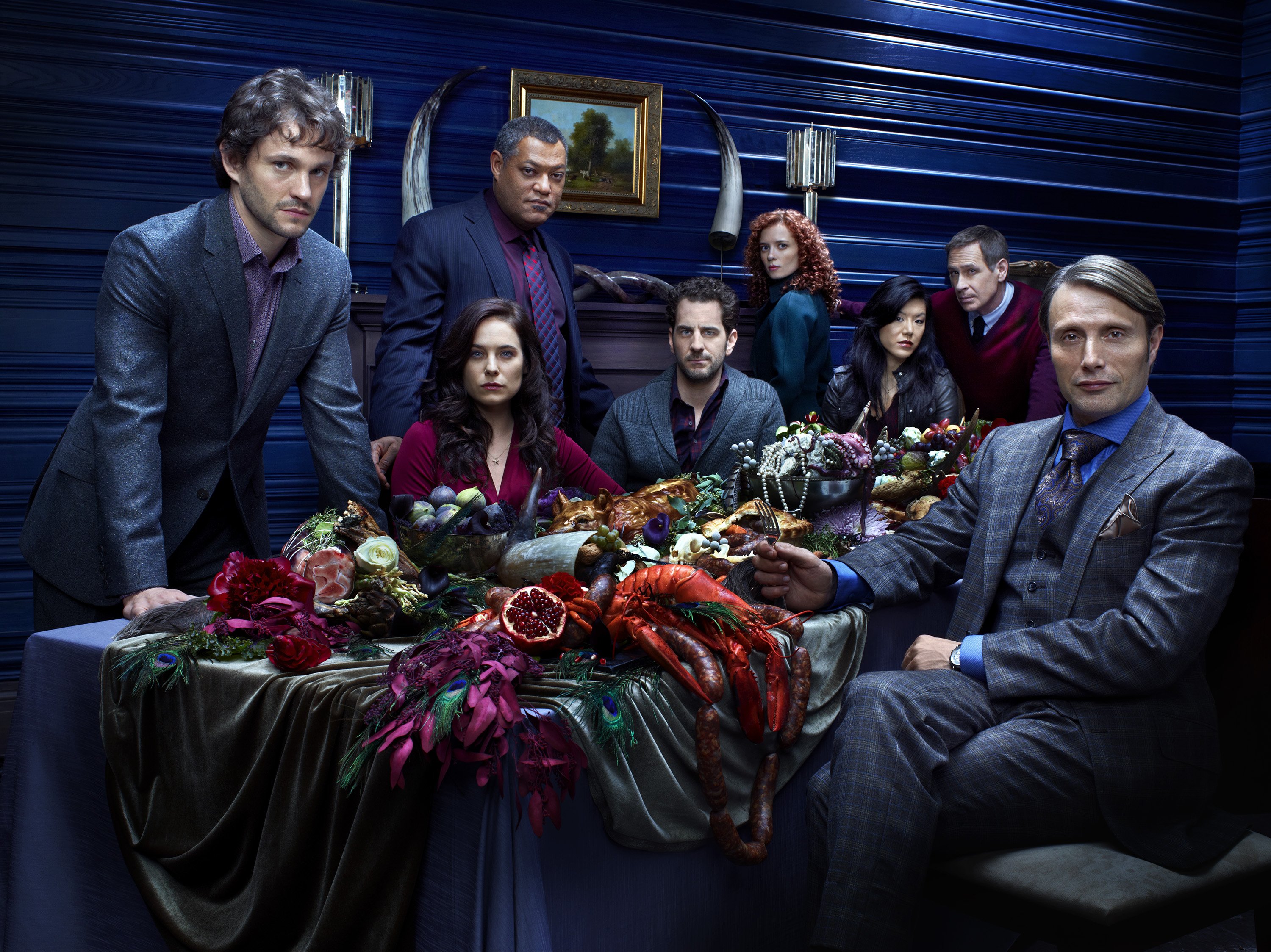 This write-up was written under the assumption that the reader has watched all of Breaking Bad. Please be aware that there are spoilers from the entire series within, and proceed with caution.
This write-up was written under the assumption that the reader has watched all of Breaking Bad. Please be aware that there are spoilers from the entire series within, and proceed with caution.
There’s a great scene towards the end of Paul Thomas Anderson’s film The Master in which the film’s title comes to light. After Joaquin Phoenix’s Freddie Quell returns to Philip Seymour Hoffman’s Lancaster Dodd following a long absence, Dodd explains that we’re all slaves to our “masters,” the drives and motivations that inform every decision that we make. The speech explains a lot about about Freddie, who has spent his life substituting his love for a woman with extreme alcohol abuse, followed by religion, and eventually a renewed appetite for women. Whenever he felt the need to give up one “master,” a hole was left in his being that he needed to fill with a new one.
Continue reading Breaking Bad: What is Walter White’s Master?

